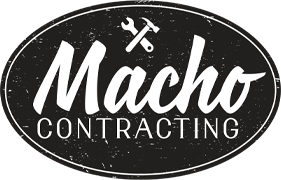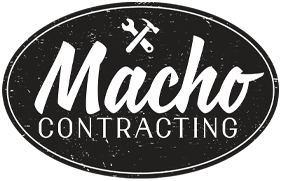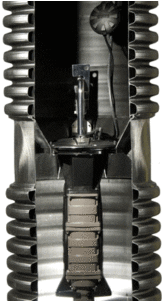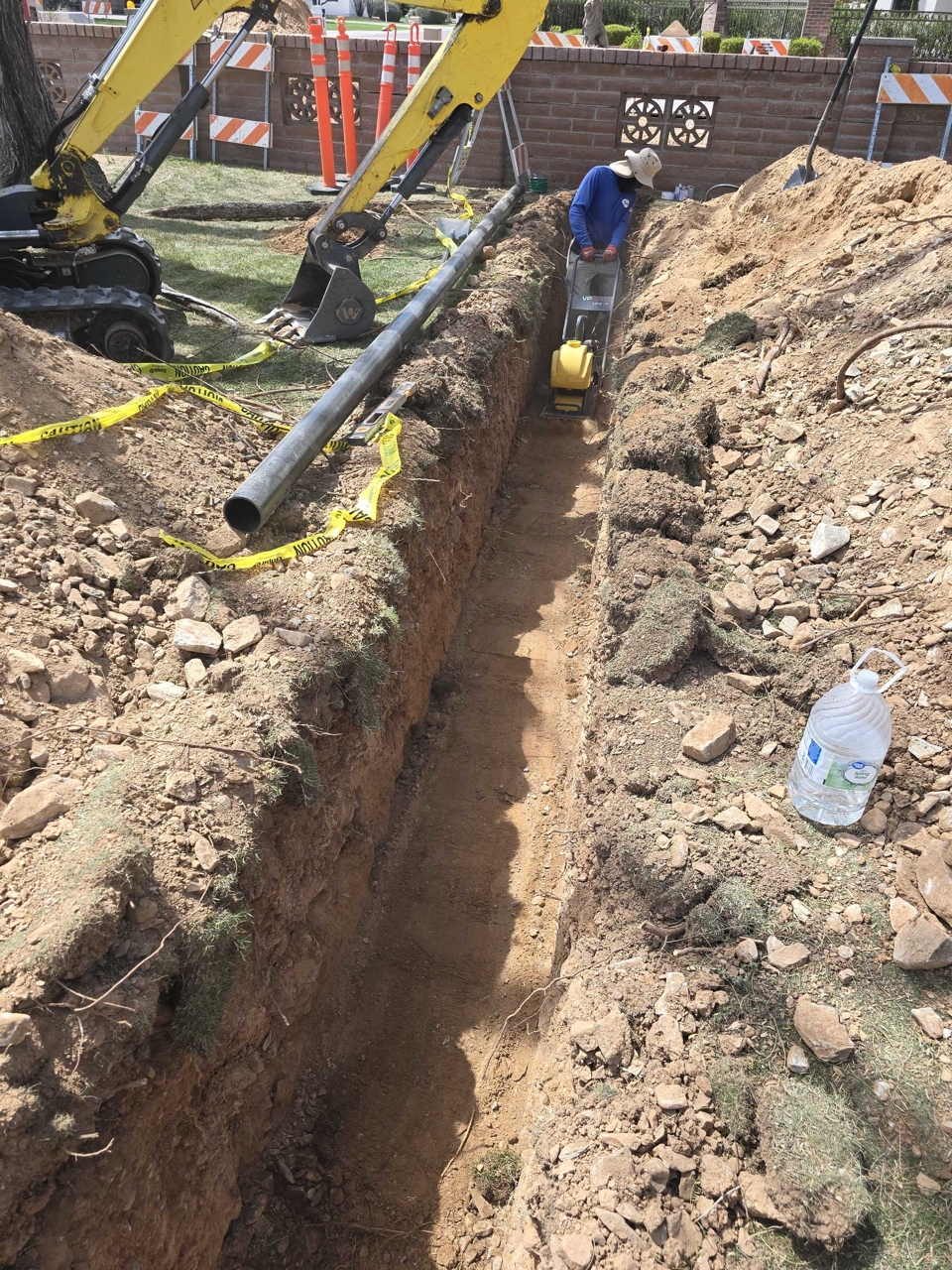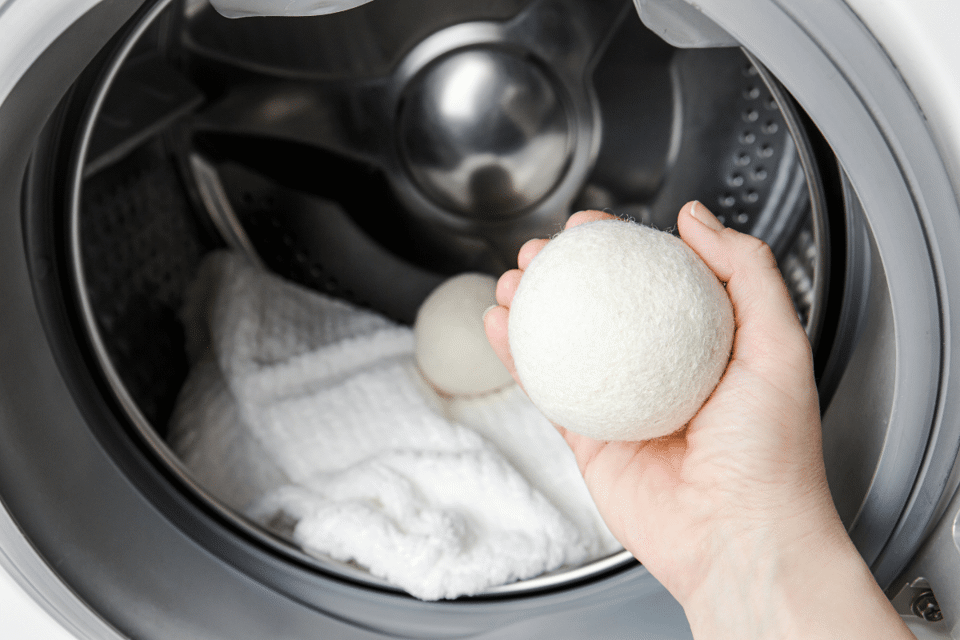Sewage pumps are essential components of wastewater management systems, ensuring efficient transportation of sewage from residential and commercial areas. Among the various types available, grinder sewage pumps and ejector sewage pumps are widely used. Although they share the purpose of pumping sewage, they differ significantly in functionality and applications. This article aims to provide a comprehensive understanding of the distinctions between these two pump types, helping readers make informed decisions for their sewage management needs.
Grinder Sewage Pump: Efficiently Handling Solid Waste
Grinder sewage pumps are specifically designed to handle wastewater that contains solid waste or debris. Key characteristics of these pumps include:
Function: The primary function of a grinder sewage pump is to break down solid waste into smaller particles. It achieves this through a rotating cutting mechanism equipped with sharp blades or grinding elements. This process enables the easy passage of wastewater through the sewage system.
Application: Grinder sewage pumps find their applications in settings where the sewage system encounters solid waste that can potentially clog conventional pumps. Examples of such waste include toilet paper, sanitary products, or small solids. As a result, grinder pumps are commonly installed in residential and commercial buildings, especially those located at lower elevations relative to the main sewer line.
Ejector Sewage Pump: Efficiently Handling Liquids and Solids
Ejector sewage pumps, also known as sewage ejector pumps or solids-handling pumps, are specifically designed to handle wastewater containing a mixture of liquids and solids. Key characteristics of these pumps include:
Function: Unlike grinder sewage pumps, ejector sewage pumps do not incorporate a grinding mechanism. Instead, they rely on their ability to handle solids without clogging. These pumps utilize an impeller or centrifugal force to push wastewater and solid waste through the pump and into the sewer line or septic tank.
Application: Ejector sewage pumps find their applications in areas where wastewater needs to be pumped from lower levels, such as basements or crawl spaces, to higher elevations or gravity sewer systems. These pumps are effective in handling solid waste and are commonly used in residential or commercial settings with lower plumbing connections.
Choosing the Right Pump:
Selecting the appropriate pump for a sewage system requires careful consideration of several factors:
Type of Waste: Assess the type and amount of solid waste present in the sewage system. If the system encounters items such as toilet paper, sanitary products, or other debris, a grinder sewage pump is the preferred choice. Conversely, if the solid waste content is minimal or non-disruptive, an ejector sewage pump can efficiently handle the task.
Location and Elevation: Consider the location and elevation of the property in relation to the main sewer line. If sewage needs to be pumped from a lower level to a higher elevation or gravity sewer system, an ejector sewage pump is suitable. On the other hand, if the property is at a lower elevation than the main sewer line, requiring uphill pumping, a grinder sewage pump is the better option.
Maintenance and Cost: Take into account the maintenance requirements and associated costs for each pump type. Grinder sewage pumps generally require more frequent maintenance due to the presence of grinding mechanisms. In contrast, ejector sewage pumps may have lower maintenance needs. Additionally, consider the upfront cost and long-term expenses of each pump type.
In summary, the choice between a grinder sewage pump and an ejector sewage pump depends on the specific requirements of the sewage system. Grinder sewage pumps excel at handling solid waste by breaking it down into smaller particles, while ejector sewage pumps efficiently handle mixed wastewater without grinding. Evaluating the type of waste, location and elevation, and maintenance and cost considerations will help determine the most suitable pump.
